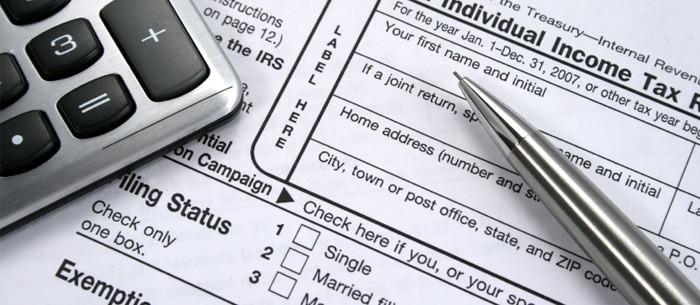Some of the fees that are part of the nanny tax and required to be withheld are Medicare and Social Security, as well as state and federal income taxes each pay period. The family is also liable to pay matching parts of the Social Security and Medicare as well as the state and federal unemployment insurance taxes.
The IRS classifies the nanny or any household employee as an employee as long as they are told what to do and how to do it. . An independent contractor is someone who is told what is required from the job. More often than not, families misclassify their nanny as an independent contractor and avoid paying nanny tax. When this happens, the family can be charged with tax evasion by the IRS.
Requirements for Nanny Tax
You are required to get a federal employer identification number or FEIN from the IRS. Then the FEIN is used to get a state identification number from the tax agency. These ID numbers are needed to report the nanny tax.
Then you are required to determine the nanny’s gross pay, calculate the taxes withheld as well as the corresponding employer taxes for each pay period. This can be done with the use of online nanny tax calculator.
The nanny must be given a Form W-2 by the end of January yearly. You must file the year-end forms with the state tax agency as well as the Form W-2 Copy A and Form W-3 with the Social Security Administration. State tax returns for nanny tax are filed every quarter. You must also send estimated payments to the IRS four times a year as well.
The nanny must provide an ITIN or Social Security number, completed Form I-9, and a completed federal W-4 Form.
Families that pay nanny tax are qualified for tax breaks to offset the costs of taxes. They also don’t need to worry about being audited by the IRS or the state tax agency. The nannies also have peace of mind and qualify for benefits such as Social Security and Medicare coverage upon retirement, unemployment benefits, verifiable employment history for home and auto loans, and decreased healthcare costs through subsidies via the Affordable Care Act.
The IRS has been cracking down on families that are not paying nanny tax. That’s why it is important to pay nannies legally and not under the table. Paying nanny tax will prevent you from having to pay back taxes with interest and penalties, tax evasion charges, and in some instances, loss of professional license.

I want more and more articles and blogs please post soon such informative information.irs tax attorney
ReplyDelete